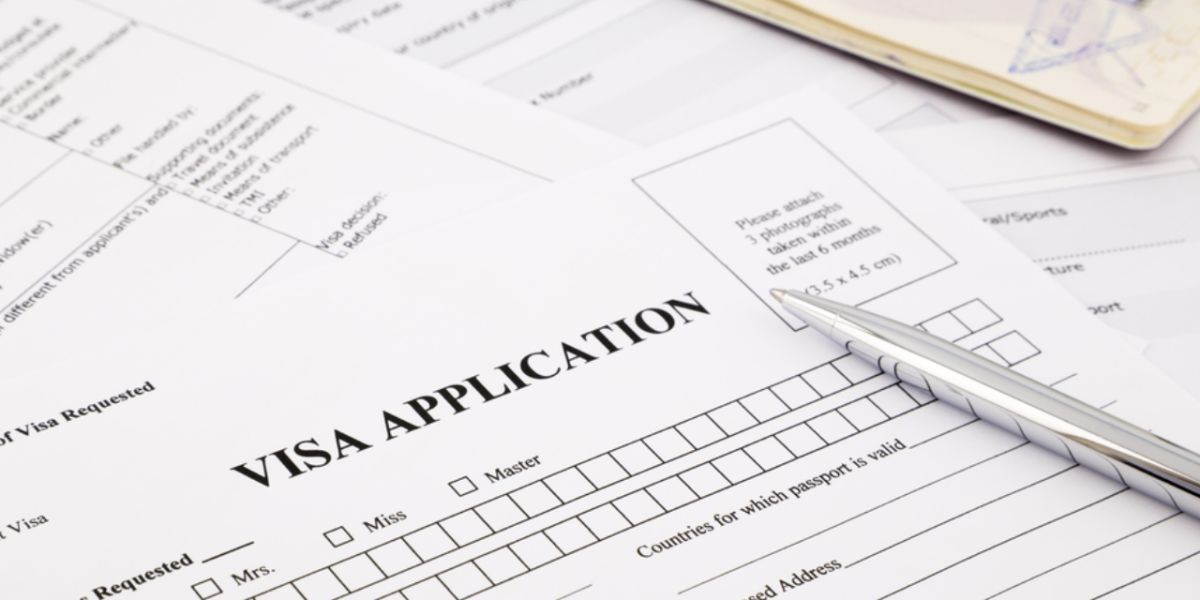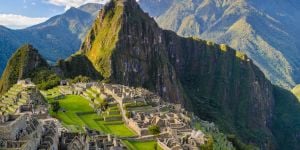
Before travelling to Peru, it is best to research travel formalities and conditions. For citizens of most countries, you don't need a visa for short visits as a tourist and will be granted entry for up to 183 days. However, some other countries do require a visa. It is recommended to check with the Peruvian diplomatic representation in your country to find out whether you need a visa. If you intend to stay longer or permanently relocate to Peru, you can apply for a temporary visa or a resident visa. Read on for more information.

Entering as a tourist
Tourists can stay in Peru for a maximum of 183 days per year, at the discretion of the immigration officer when you enter. Note that you're not allowed to work in Peru when entering as a tourist. It's best to show evidence of your plans to ensure you're granted the right amount of time. For instance, if you're enrolled in a four-month Spanish course or volunteer programme, have a letter from the school or NGO to present to the immigration officer.
Procedures for temporary or resident visas
Most people enter as a tourist, and then begin the procedure of applying for the appropriate visa. First, you have to download the F-007 form which is available on the Peruvian Immigration Department's website. Once you have duly filled and signed the form, you can deposit it at the nearest Peruvian diplomatic representative office to your place of residence along with a receipt showing that you've paid the administrative fees, around 107.50 New Peruvian Soles (PEN). These need to be paid at the Banco de la Nación, and a receipt will be issued for you to submit with your F-007.
Important:
Your passport must be valid for at least six months following your scheduled return date. You are also required to attach a copy of your passport to your visa application form.
Good to know:
The temporary or resident visa request will first be assessed by the Peruvian Immigration and Naturalization Department within 30 working days. Other documents may also be required, varying according to your status.
Where documents are required, they need to be originals and legalized (apostilled) by the country that issued them. You may be required to submit your passport and birth certificate, and for a work visa, your university degree certificates. So it's a good idea to gather these all up and get them legalized (usually by the Department of Foreign Affairs / Ministry of Foreign Affairs) before relocating to Peru.
Temporary visas
The temporary visa is intended for artists, temporary workers, non-resident workers, students, religious representatives (distinction made between Roman Catholics and non-Roman Catholics), independent investors and independent professionals, as well as tourists coming from specific countries. You are therefore advised to inquire about any exemption related to a short stay with the closest Peruvian diplomatic representative office in your home country.
The temporary visa is valid for 90 days. You can then request for an extension at the immigration office of major cities such as Lima, Arequipa, Cuzco, Iquitos, Puno, and Puerto Maldonado.
Resident visas
The resident visa applies to foreign resident workers in Peru, students, religious representatives (distinction made between Catholics and non-Catholics), independent investors and professionals, annuitants, and residents' relatives (ascendants, descendants, minor or major handicapped children, spouses). It is valid for a year and can be renewed annually, as long as the conditions of validity are maintained.
For a resident visa, the process is a bit longer and can take two to four months, with several checks and formalities. You will be required to make an appointment at Interpol, to check for a criminal record and make dental and fingerprint records.
You will also be required to submit your contract from the company hiring you in Peru. The contract must first be approved by the Ministry of Work, and your employer will usually help you with this process.
Useful links:
Immigration Department ' F-007 form
Immigration Department ' Temporary visa application
Immigration Department ' Resident visa application
We do our best to provide accurate and up to date information. However, if you have noticed any inaccuracies in this article, please let us know in the comments section below.








